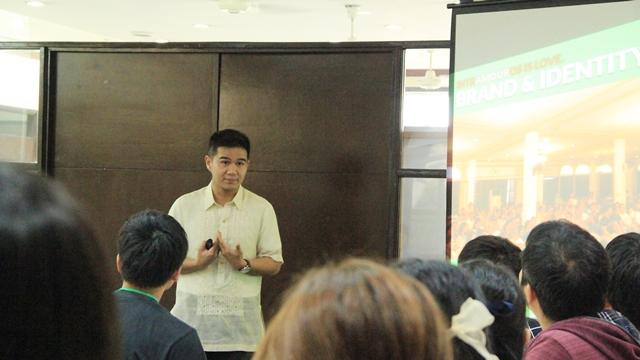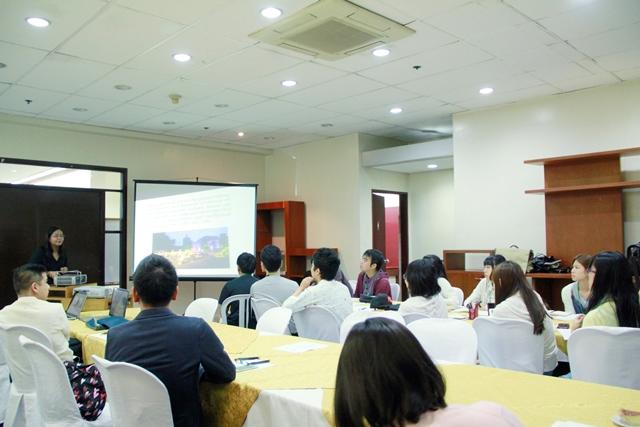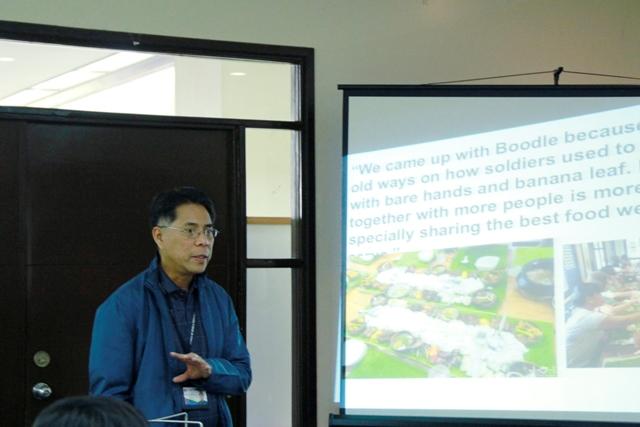Kyushu Exchange program with Ateneo brings a meeting of minds
For all its global economic success and technological advancements, Japan remains one of the most culturally homogeneous nations. The Japanese have a keen sense of who they are. Despite their various contributions to modern civilization, the Japanese continue to place great value on the harmonious coexistence between people and nature. This relationship is something the rest of the world can learn from.
For 5 years now, the Ateneo Law School (ALS) has been making an effort to do that through its cultural partnership with Japan’s Kyushu University. The program, called “Reinventing Japan Project: A Spiral Model of Collaborative Education Balancing Global and Local Values through Legal Mind” strives to promote cross-cultural understanding between the Japanese and South East Asian students. It includes short-term and semester-length exchanges as well as double degree programs. Students from ALS and Kyushu University have participated in short-term cultural exchange visits where they learned each country’s cultural heritage and identities.
On September 9-12, 2016, 15 Japanese students embarked on their first trip to the Philippines—the last batch of Kyushu University students to visit the country for the ‘Reinventing Japan’ project.
ALS lined up a series of activities for the Japanese delegation, including a lecture presentation and educational tours to Taal, Batangas. Atty. Marco Sardillo III, former administrator of Intramuros, gave a presentation on its management and restoration project.

During his term as administrator, he admitted to grappling with the Intramuros restoration.
“I tried to approach it from the perspective of meaning. It was about the role of relevance and the process of undertaking the whole restoration. Authenticity and integrity - these were the questions we always have to grapple with,” he said.
To further give the Japanese students a broader context on the process of conservation and protection of Filipino cultural heritage, Atty. Lucille Karen Malilong-Isberto of the National Commission for Culture and the Arts delivered a lecture on the country’s legal framework on heritage preservation.
Despite the country’s diverse heritage, Malilong- Isberto said the Philippines has never fully appreciated the importance of heritage. While there are laws that deal with conservation, protection, and the restoration of Philippine heritage, the problem lies in the implementation, she said. “It is very strange the way our system works. It feels very random and arbitrary.”

The ‘Reinventing Japan’ project may have focused on cultural and heritage preservations but for the participants, the program is also a way to cultivate friendship and partnership.
“I think most Japanese have no (mental) picture of the Philippines except for bananas and beaches. Then I meet highly sophisticated people here. When I go home to Japan, I will tell my friends that Filipinos can be a strong partner for Japan,” said Kazuki Shigeoka, a third year economics student at Kyushu University.
ALS Dean Sedfrey Candelaria reaffirmed this, saying that the program has laid the foundation for friendship between ALS and Kyushu students. “We will always be ready to receive you,” he said to the Japanese delegation.

Kyushu University’s Assistant Professor Antonio Formacion echoed the sentiment: “This project would not have been successful as it is without the students who participate. I was a witness to all of these things – the meeting of Filipinos and Japanese. What happens is you meet, you become friends, you part ways, and you meet again and again.”
The ‘Reinventing Japan Project’ has ended but not without opening the doors of opportunities and collaboration between the two nations.
